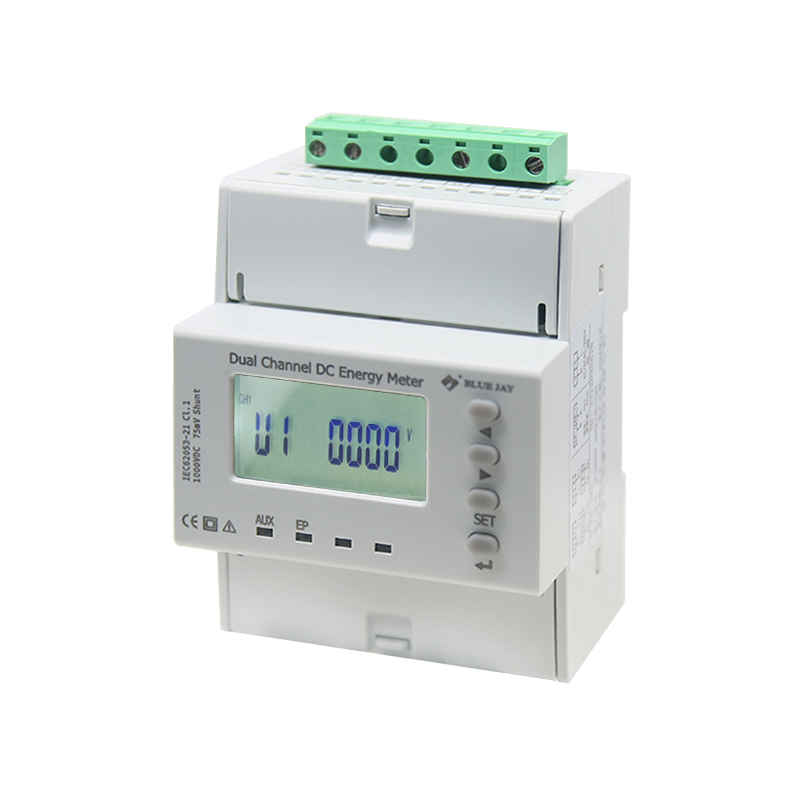
DCEM-4MS Dual-Channel DC Energy Meter
DCEM-4MS Dual-Channel DC Energy Meter is designed for power measuring and fiscal billing within an EV Charger station. This DCEM-4MS EV charger meter can measure DC currents (with direction), power,
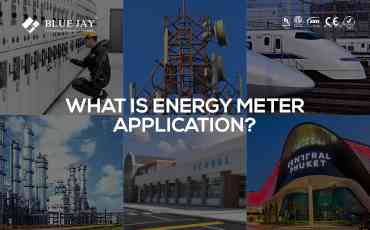
The energy meter application depends on many factors such as the type of electricity consumption site, electricity consumption, voltage and current specifications, electricity consumption characteristics, electricity billing methods, etc. The appropriate type of meter needs to be selected according to the needs and conditions of the specific electricity consumption site.

Energy meters, also known as electricity meters, are devices used to measure the amount of electrical energy consumed by a residential, commercial, or industrial facility. Electric energy meters are widely used in various fields to manage and measure electric energy consumption, help users use electric power resources rationally, and improve energy efficiency. Some of the key applications of energy meters include:

DCEM-4MS Dual-Channel DC Energy Meter is designed for power measuring and fiscal billing within an EV Charger station. This DCEM-4MS EV charger meter can measure DC currents (with direction), power,
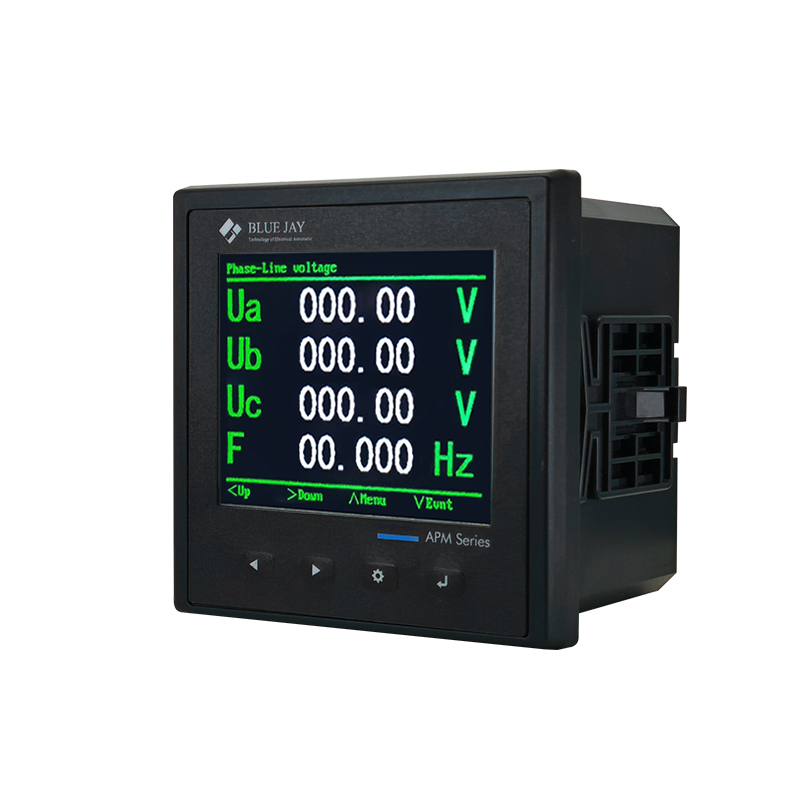
APM-96Q Multifunction Meter With RS485 by Blue Jay is a premium panel mounting power analyzer with advanced features and precise measurement accuracy. with a user-friendly interface and four direct access
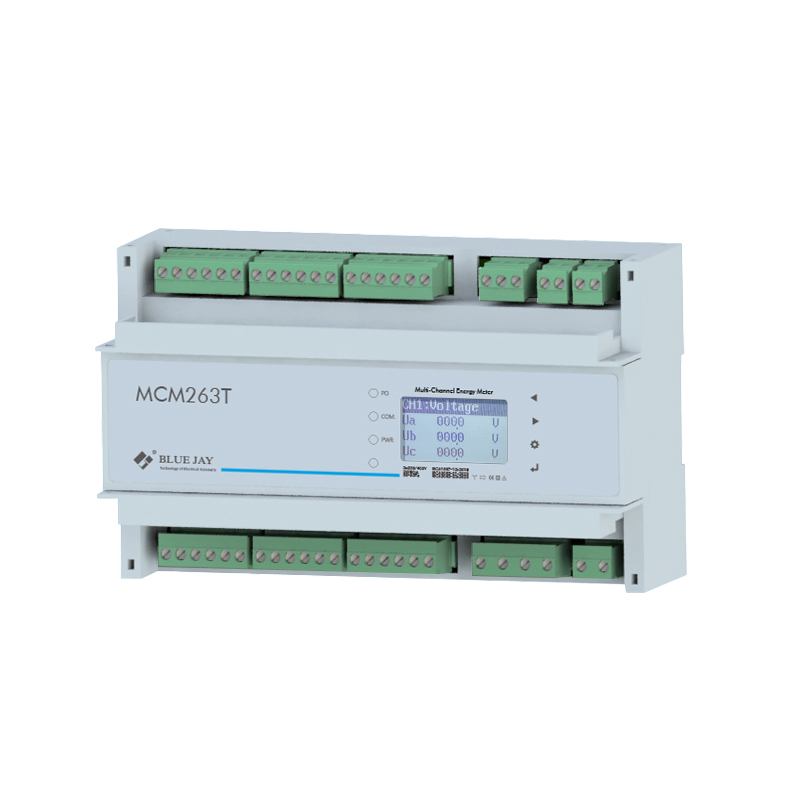
The MCM263T branch circuit power meter is a high-performance energy measurement device designed for the industrial system or equipment. This multi-circuit energy meter takes measurements from 6 channels three-phase
Energy meters play a vital role in the efficient management of electrical energy resources, promoting
energy conservation, and ensuring the fair allocation of costs. With the advent of smart meters and the Internet of Things (IoT), energy metering is becoming increasingly sophisticated and connected, allowing for more advanced applications and data analytics.
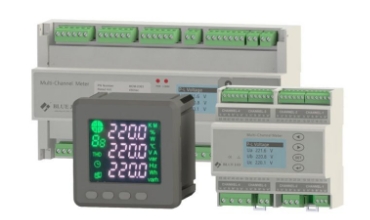
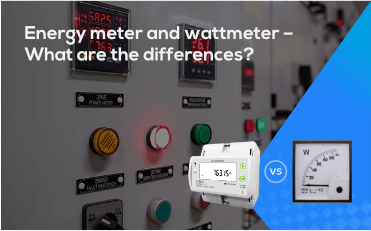
Abstract: What are the differences between an energy meter
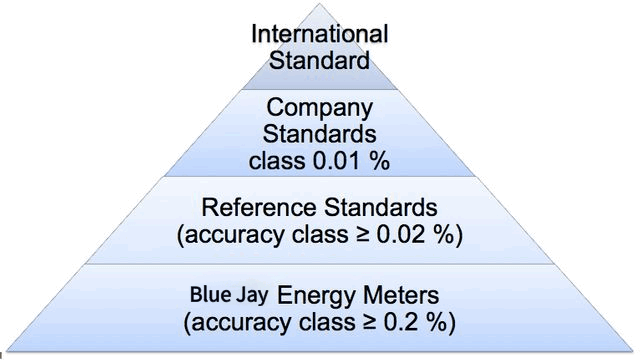
Table of Contents An energy meter accuracy class is




